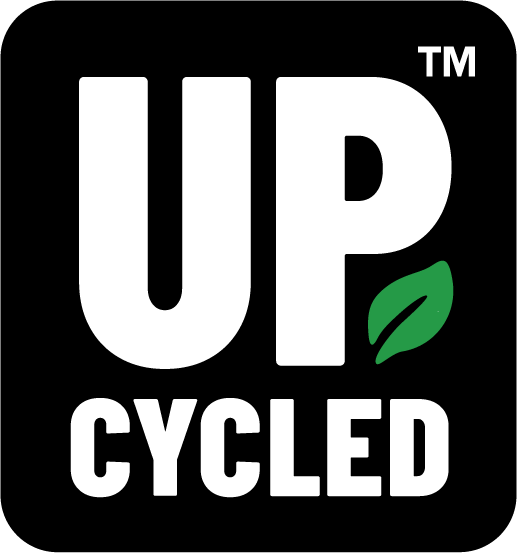
Make Your Voice Heard!
Call on Policy Makers to Prioritize Food Waste Prevention
Food Waste- It’s a HUGE Problem
Each year farmers, manufacturers, households, and other businesses in the United States spend $444 billion to grow, process, transport, and dispose of food that is never eaten (1). Additionally, according to the EPA, “uneaten food accounts for approximately 16% of U.S. agricultural land and enough energy to power more than 50 million U.S. homes (2).
UFA is working to elevate and amplify the upcycled food industry, and we have a huge opportunity to do this by urging those in Congress to support the recently introduced NO TIME TO Waste Act by recommending the provisions for inclusion in the 2023 Farm Bill. The Act allocates federal funding to research the impact of upcycling and deliver consumer education campaigns centered around food waste prevention including upcycled products.
The best way to help us raise the profile of the NO TIME TO Waste Act and win more Congressional support for food waste prevention in the Farm bill over the coming weeks is to let your representatives in Congress know of your support. Check out our toolkit which contains a letter to send to your representatives in Congress and social media posts you can use to amplify your support.
2023 US Farm Bill Advocacy
Investment in the upcycled food industry via the 2023 Farm Bill expands support for a bipartisan issue and aligns U.S. law with the 95% of consumers who believe it’s important to do their part to reduce food waste (3). We’re sending a letter to urge Congress to support the upcycled food industry growth by including our policy priorities, doubling down on striving to reach national and global goals to reduce food loss and waste 50% by 2030.
Read the letter here.
Add your organization to our collective voice.
UFA Policy Priorities
Provide Financial Incentives to Businesses for the Adoption of Technologies that Reduce Food Waste
Financial incentives support meaningful progress towards sustainability targets through adoption of more efficient product distribution systems, forecasting, inventory management, and temperature monitoring.
Provide grant funding for new technologies to reduce food spoilage and food waste
This creates a dual opportunity for economic and environmental impact across the agriculture and manufacturing sectors by bringing more upcycled foods to market and curbing food waste throughout the supply chain.
Fund a National Food Waste Education and Awareness Campaign
An educational campaign is necessary to address food waste in the home, and upcycled products should be included as an impactful way for Americans to fight food waste.
(4)
Thanks to the following organizations that support this effort:
Zero Food Waste Coalition Members:
Harvard Law School Food Law and Policy Clinic
Natural Resources Defense Counci
Upcycled Food Association Members:
4Good
Amai Inc.
Apparo Inc.
Asterism Healthcare
Atomo Coffee
Avocado Tea Co.
Bake Me Healthy
Catapult Commercialization Services
Chia Smash
The Coffee Cherry Co.
The Conscious Pet
Dog & Whistle
Enagon LLC
Faba
GTF Technologies
Happy Moose Juice, Inc.
Hiperbaric
Just Date
The Kawa Project
Know Your Fruit
Leashless Lab
Lifestock
Littlefoot Ventures
Matriark Foods
Mattson
Mixtape FoodCo.
Misfits Market
NETZRO, SBC
Novozymes North America
Nutraberry, LLC
Pulp Pantry
Redemption Road Foods, Inc.
Renewal Mill
Replate
Rescuing Leftover Cuisine
Sierra Agra USA
Solsbury Hill Scoop Shoppe and Bakery
The Spare Food Co.
Superfrau
TBJ Gourmet
The Varick Group LLC
THEO’s Plant-Based
Tia Lupita Foods
Upcycled Foods, Inc.
WAJU Water
Wheyward Spirit
*Additional supporters will be added on a rolling basis.
Footnotes:
1- ReFED. The Food Waste Problem. 2023 https://refed.org/food-waste/the-problem/ (Accessed June 22, 2023).
2- U.S. EPA (U.S. Environmental Protection Agency). From Farm to Kitchen: The Environmental Impacts of U.S. Food Waste. (2018)
https://www.epa.gov/system/files/documents/2021-11/from-farm-to-kitchen-the-environmental-impacts-of-u.s.-food-waste_508-tagged.pdf (Accessed June 12, 2023)
3-Mattson 2021 Study on Food Waste.
4- Additional signatories will be added on a rolling basis
